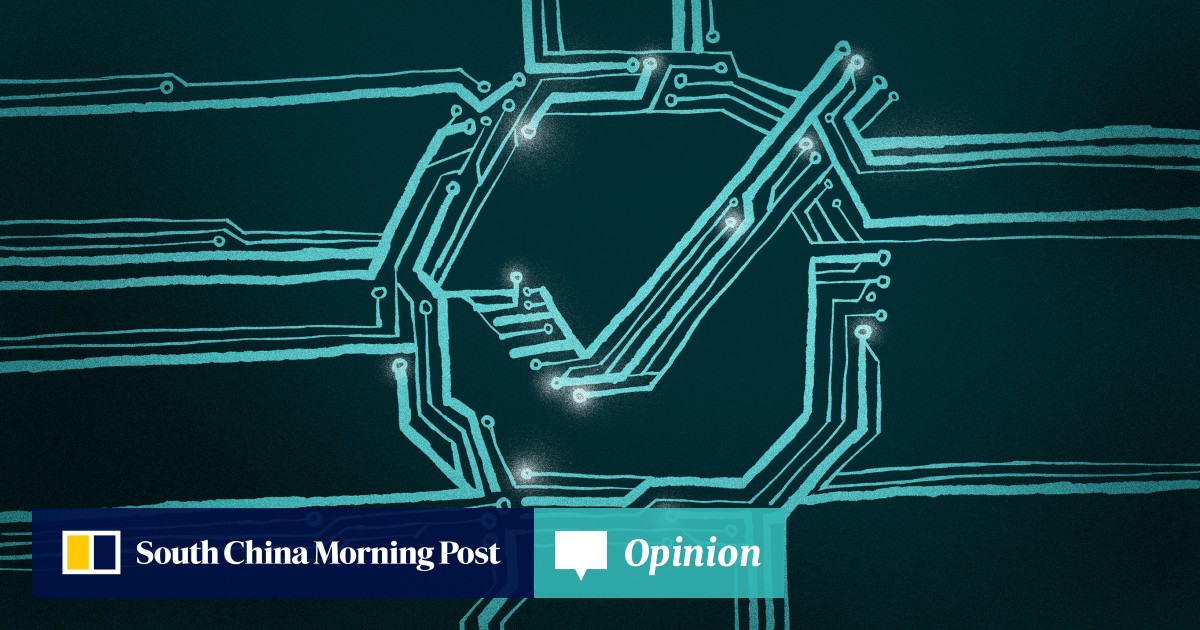Complicating the narrative in the run-up to the election are allegations on social media that a recent influx of non-citizens were illegally registering to vote as part of another episode of electoral deception by the Democratic Party. These allegations are far from concrete, but they could introduce an element of uncertainty should the scales tilt in Biden’s favour in November.
AI-driven algorithms have become central to shaping our digital world, dictating what information reaches the public. These algorithms are engineered to maximise engagement and tend to prioritise sensational or divisive content, potentially skewing public perception and fuelling misinformation.
The critical mission now is to create a framework which leverages technology to deepen democratic engagement, enhance transparency and fortify the integrity of information without sacrificing the privacy and security that form the bedrock of these societies.
Consider Estonia’s implementation of online voting – a system that renders geographical and logistical barriers obsolete, ensuring every citizen’s voice is heard regardless of their physical location and showcasing how technology can enhance democratic engagement.
Similarly, India’s Aadhaar initiative acts as a digital ID system that provides authentication during elections. It also faces controversies such as privacy concerns and legal challenges, reflecting the complexities of such technological interventions.
Overloaded server caused system crash during Hong Kong’s district council poll
Overloaded server caused system crash during Hong Kong’s district council poll
The quest for a transparent and accountable governance system requires more than accessibility. It needs innovative platforms that invite public scrutiny and active participation. Sierra Leone’s experiment with blockchain during its 2018 presidential election and public policy platforms such as the vTaiwan and Seoul’s mVoting forum mirror efforts to create a governance model that is not just seen but felt by its populace, allowing policy to be shaped by the collective intelligence of society.
Navigating the digital democracy landscape presents formidable challenges, chiefly misinformation and privacy breaches. However, initiatives such as Finland’s grass-roots education against fake news shine as a beacon of hope in a time of uncertainty. These efforts exemplify how collective intelligence and participatory fact-checking can not only combat falsehoods but also strengthen our democratic discourse.
As we navigate this historic juncture, nations have both an opportunity and a duty to leverage technology in a way that enhances democratic engagement while safeguarding foundational principles. This is a necessary commitment to a future where technology serves as a catalyst for a resurgence in democratic ideals, strengthened by the ties of global collaboration and technological breakthroughs.
Jeffrey Wu is a director at MindWorks Capital, a leading Hong Kong-headquartered venture capital firm specialising in technology investment across Greater China and Southeast Asia



